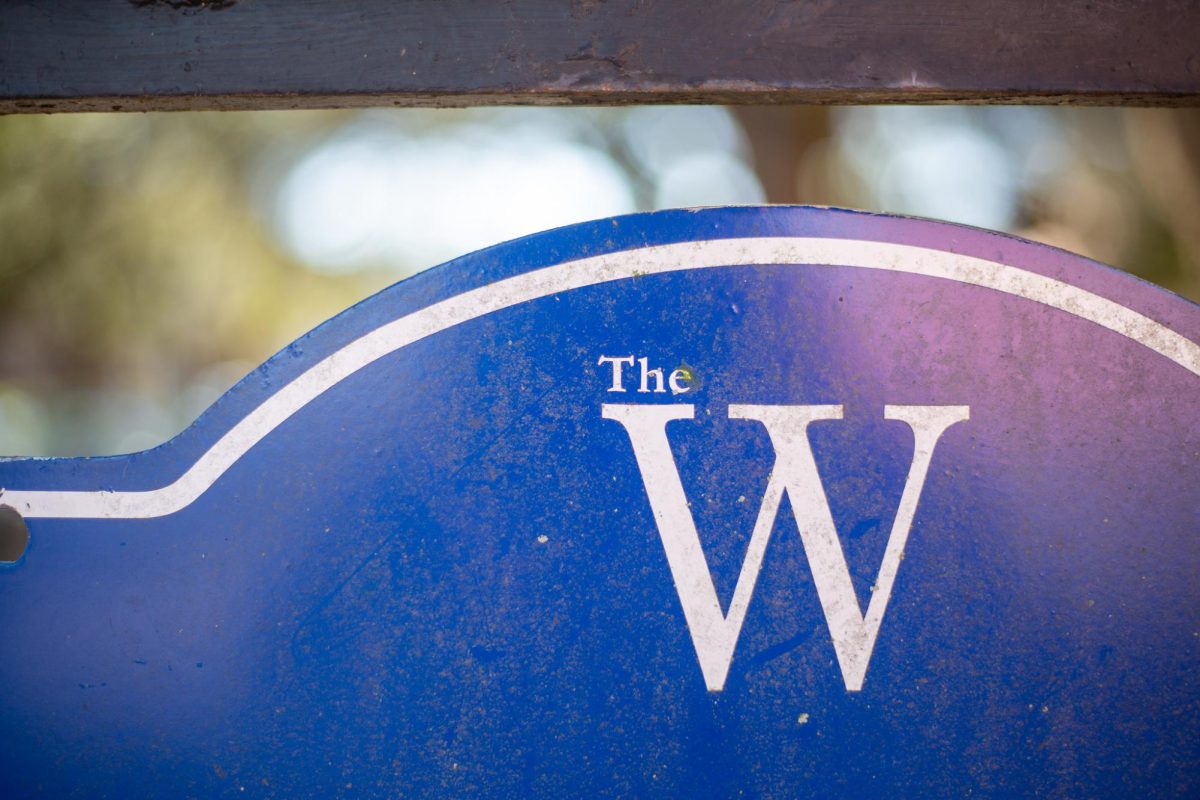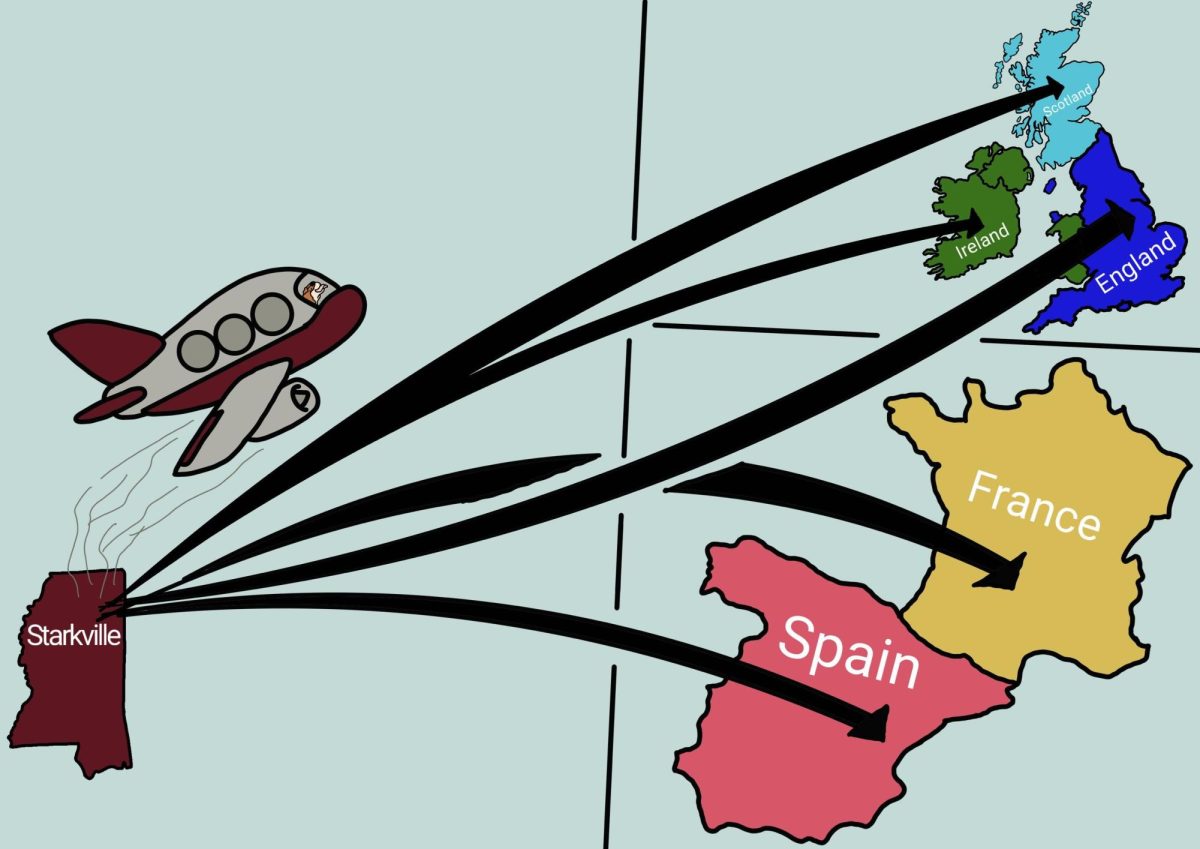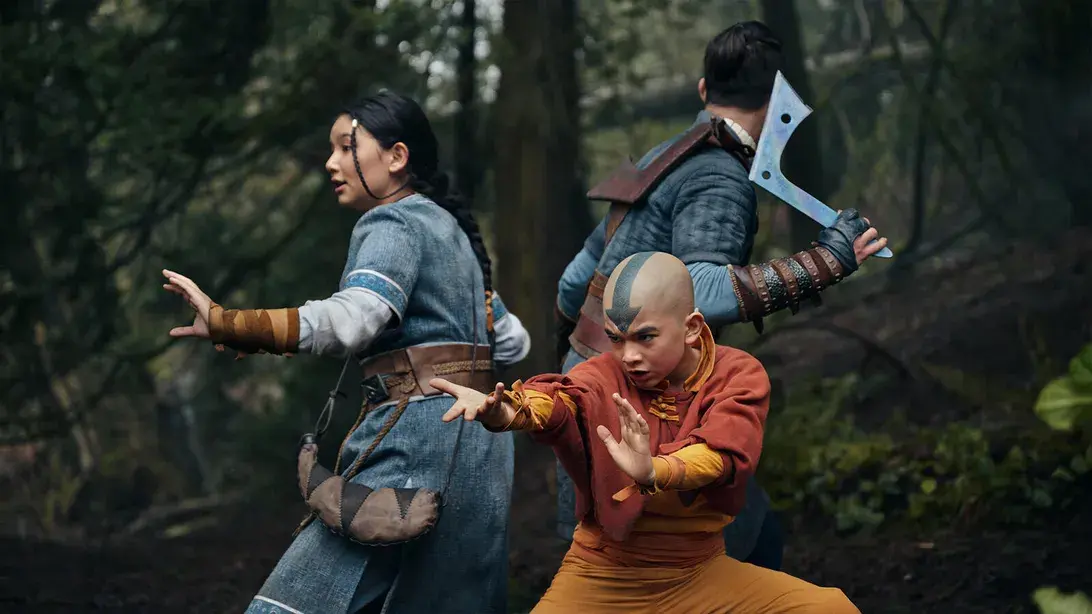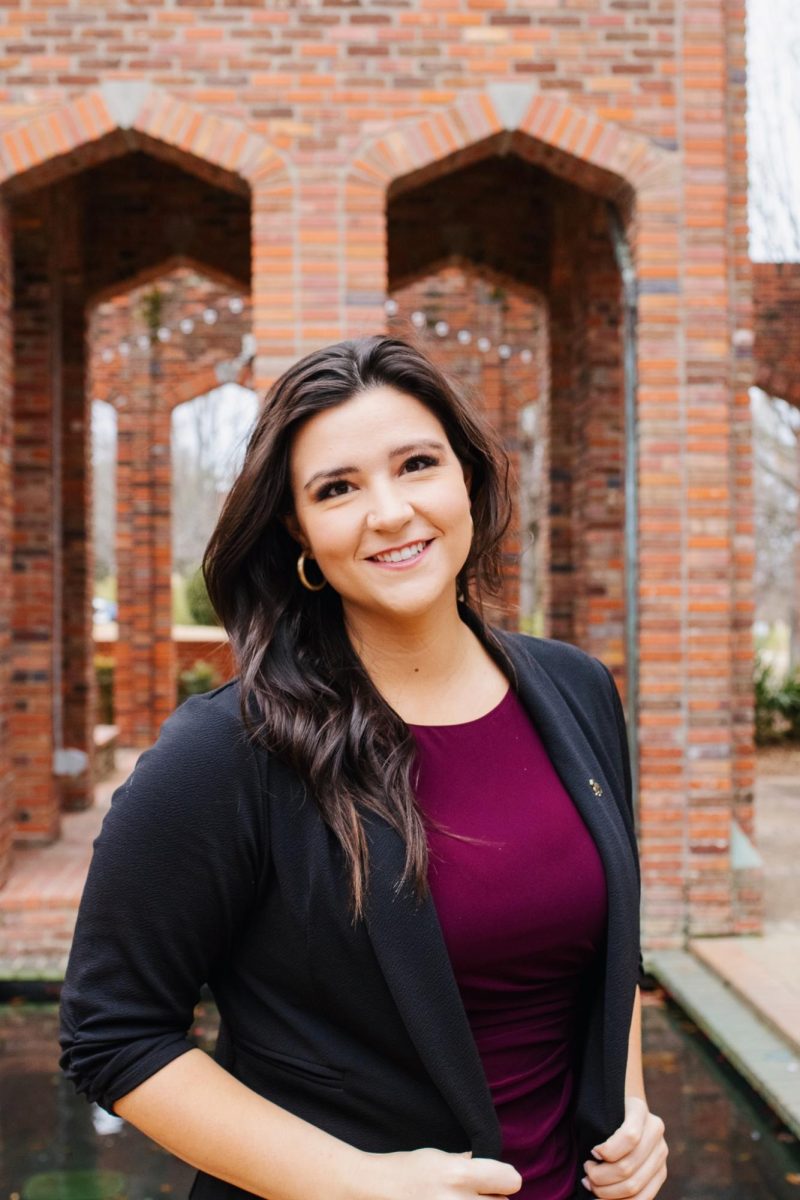Millions of thumbs scroll past it every day on iPods across. It has been there for years, tucked in a menu between “Songs” and “Genres.” According to edisonresearch.com, just under 50 percent of Americans have heard or seen one.
What is this medium half of America has yet to witnessed? Podcasts.
Podcasts are digital, multimedia files that can be downloaded or subscribed to on the Internet. They can either be audio or video-based and usually run in a series format, focusing on specific topics or genres.
Mississippi State University was an early adopter when it began to incorporate podcasting into its institution in 2005. Information Technology Services helped interested professors set up the software and equipment to podcast.
John Forde, communication department head, was one of the five faculty members who began to podcast lectures nearly half a decade ago.
Along with teaching a face-to-face class, Forde said he also teaches online lessons with up to 50 students. He said students who tend to do the best in his online classes are the ones who consistently listen to the podcast.
“(Podcasting) is the closest thing to being in class without being there,” Forde said. “I think it is a whole lot better than just emailing notes or just having the Powerpoints because it is as if they are sitting in on the class even though it is not live.”
He said he wears a cordless mic and records his lecture which is posted online just minutes after class ends. He said podcasting has been useful in keeping students who can not make it to class up-to-date. Forde cited an example of a girl who could not attend class because she lost her purse.
“She missed class, but it won’t really count against her, and she can go listen to the podcast, and she won’t get to see us, but she will get to hear us,” Forde said.
The range of podcasting extends beyond the classroom. Amanda Powers, reference librarian, said podcasts have settled in to a more topic-specific function.
“The ones that have more staying power have appealed to a really specific niche community,” she said. “You have to have groups of people that are very interested in a topic and are willing to sit there and listen to it for the whole time and devote that time to it.”
Not only do consumers have to put in the time, so do the podcasters, Powerssaid.
“It is a series of skills that are not just out-of-the-box. You have to know how to upload it. You have to know … where to upload it. You have to name it and package it and figure out how to get it to people, how to build a following,” she said.
Podcasts can be watched or listened to anywhere you can take an MP3 player. According to edisonresearch.com, two thirds of podcast consumers listen to podcasts through an MP3 player in the car. Ben Harvey, MSU professor, said he likes to listen to podcasts while exercising or cooking.
“I like the convenience of curating the material I like and then being able to listen to it whenever … It is just kind of an easy thing to integrate into different types of activities,” Harvey said.
Harvey, who lived in England until he was 24, said he listens to a variety of podcasts on art, film and books. He said podcasts help him stay in the loop with old parts of his life.
“To me, personally, podcasts allow me to keep track of different phases of my life,” Harvey said. “I find that podcasts allow me to keep track with a lot of stuff that is happening in Britain and that I miss from (there). It seems to connect my past.”
Powers said podcasts will always have a place in society as long as they’re producing high quality, user-centric content.
“It’s not the method that’s revered but the content that is valued,” she said. “I think that’s true of any kind of delivery mode of information.”
Podcasts being utilized by some, ignored by many
WILL HAGER
•
February 21, 2012
Leave a Comment
More to Discover



















































































